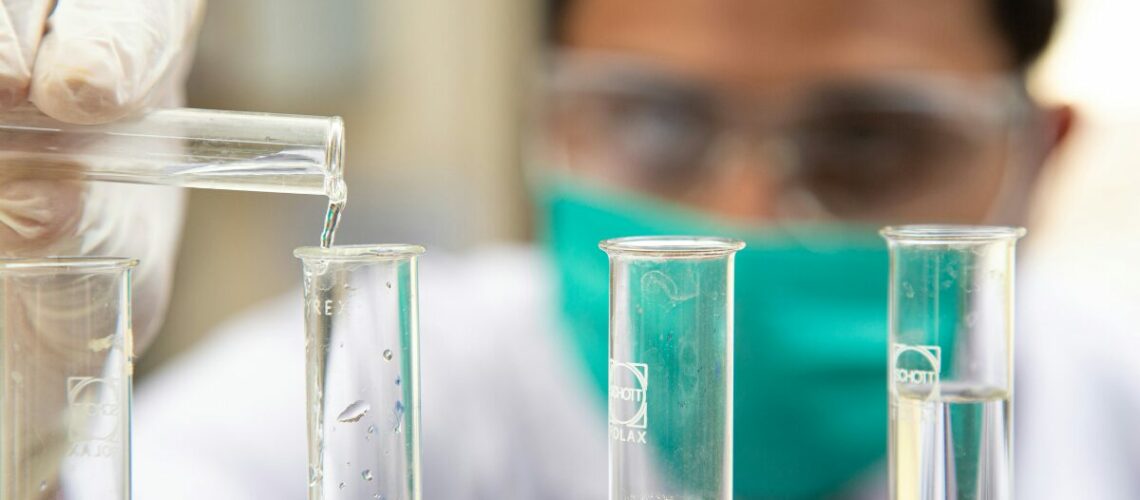Quality control is an essential aspect of laboratory testing, ensuring that test results are accurate, reliable, and consistent. Implementing effective quality control measures helps laboratories maintain high standards of performance, comply with regulatory requirements, and provide patients with trustworthy test results. In this article, we will explore best practices and standards for quality control in laboratory testing, highlighting key strategies that laboratories can adopt to enhance their operations.
Understanding the Importance of Quality Control
Quality control (QC) in laboratory testing is a systematic process designed to detect, reduce, and correct deficiencies in a laboratory’s analytical processes. The primary goal of QC is to ensure the accuracy and precision of test results, which is crucial for effective diagnosis and treatment of patients. Without rigorous quality control measures, laboratories risk producing unreliable results, which can lead to misdiagnosis, inappropriate treatment, and compromised patient care.
For instance, GS Labs emphasized the importance of robust quality control measures to ensure the reliability of their COVID-19 tests. By adhering to strict QC protocols, GS Labs was able to maintain high standards of accuracy, which is essential for providing patients and healthcare providers with dependable test results.
Establishing Standard Operating Procedures (SOPs)
One of the foundational elements of quality control in laboratory testing is the establishment of standard operating procedures (SOPs). SOPs are detailed, written instructions that describe the processes and techniques used to perform laboratory tests. They serve as a reference for laboratory staff, ensuring that tests are conducted consistently and correctly.
SOPs should cover all aspects of laboratory testing, including sample collection, handling, processing, and analysis. They should be regularly reviewed and updated to reflect any changes in testing protocols or regulatory requirements. By following SOPs, laboratories can minimize variability and enhance the reliability of their test results.
Implementing Regular Calibration and Maintenance of Equipment
Accurate test results depend on the proper functioning of laboratory equipment. Regular calibration and maintenance of equipment are critical components of quality control. Calibration involves adjusting the equipment to ensure it produces accurate measurements, while maintenance involves routine checks and repairs to keep the equipment in optimal condition.
Laboratories should establish a schedule for calibrating and maintaining their equipment, following the manufacturer’s recommendations and relevant regulatory guidelines. This helps prevent equipment malfunctions that could compromise the accuracy of test results. Proper documentation of calibration and maintenance activities is also essential for tracking the performance of equipment and ensuring compliance with regulatory standards.
Conducting Internal and External Quality Assessments
Quality control in laboratory testing involves both internal and external quality assessments. Internal quality assessments are conducted by the laboratory itself and involve routine checks to monitor the accuracy and precision of test results. This can include running control samples alongside patient samples and comparing the results to predetermined standards.
External quality assessments, on the other hand, involve participation in proficiency testing programs or external audits conducted by independent organizations. These assessments provide an objective evaluation of a laboratory’s performance and help identify areas for improvement. By participating in external quality assessments, laboratories can benchmark their performance against industry standards and ensure compliance with regulatory requirements.
Training and Competency Assessment of Laboratory Staff
The competence of laboratory staff is a crucial factor in maintaining the quality of test results. Laboratories should invest in ongoing training and education programs to keep their staff updated on the latest testing techniques, quality control measures, and regulatory requirements. This helps ensure that staff are knowledgeable and skilled in performing their duties.
In addition to training, regular competency assessments should be conducted to evaluate the proficiency of laboratory staff. Competency assessments can include practical evaluations, written tests, and performance reviews. By ensuring that staff are competent and well-trained, laboratories can maintain high standards of quality and accuracy in their testing processes.
Maintaining Accurate and Complete Documentation
Accurate and complete documentation is essential for effective quality control in laboratory testing. Laboratories should maintain detailed records of all testing activities, including sample collection, processing, analysis, and quality control measures. This documentation serves as a record of the laboratory’s performance and provides a basis for evaluating the accuracy and reliability of test results.
Proper documentation also helps laboratories demonstrate compliance with regulatory requirements and facilitates the identification and resolution of any issues that may arise. By maintaining comprehensive records, laboratories can ensure transparency and accountability in their testing processes.
Conclusion
Implementing effective quality control measures is essential for ensuring the accuracy and reliability of laboratory test results. By establishing standard operating procedures, regularly calibrating and maintaining equipment, conducting internal and external quality assessments, training and assessing the competency of staff, and maintaining accurate documentation, laboratories can uphold high standards of performance and provide patients with trustworthy test results.
Quality control is not just about meeting regulatory requirements; it is about delivering the highest level of care to patients. Laboratories like GS Labs exemplify the importance of rigorous quality control measures in maintaining the integrity and reliability of their testing services. By committing to best practices and standards in quality control, laboratories can contribute to the overall improvement of healthcare and patient outcomes.

